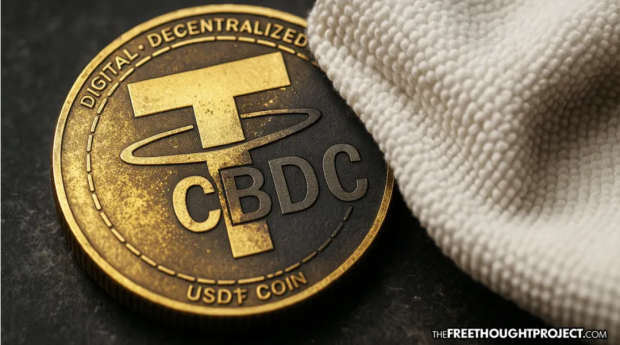
Breaking News
 THIS IS A FIRST FOR ME AND MY HOMESTEAD
THIS IS A FIRST FOR ME AND MY HOMESTEAD
 6 friends, 6 units, 1 lot: each owns their dream home for $800/month
6 friends, 6 units, 1 lot: each owns their dream home for $800/month
 Trump & Putin Meet In Alaska, Melania's Epstein Lawsuit & Netanyahu TROLLS Iran | PBD Podcast 63
Trump & Putin Meet In Alaska, Melania's Epstein Lawsuit & Netanyahu TROLLS Iran | PBD Podcast 63
Top Tech News
 1,000 miles: EV range world record demolished ... by a pickup truck
1,000 miles: EV range world record demolished ... by a pickup truck
 Fermented Stevia Extract Kills Pancreatic Cancer Cells In Lab Tests
Fermented Stevia Extract Kills Pancreatic Cancer Cells In Lab Tests
 3D printing set to slash nuclear plant build times & costs
3D printing set to slash nuclear plant build times & costs
 You can design the wheels for NASA's next moon vehicle with the 'Rock and Roll Challenge
You can design the wheels for NASA's next moon vehicle with the 'Rock and Roll Challenge
 'Robot skin' beats human reflexes, transforms grip with fabric-powered touch
'Robot skin' beats human reflexes, transforms grip with fabric-powered touch
 World's first nuclear fusion plant being built in US to power Microsoft data centers
World's first nuclear fusion plant being built in US to power Microsoft data centers
 The mitochondria are more than just the "powerhouse of the cell" – they initiate immune...
The mitochondria are more than just the "powerhouse of the cell" – they initiate immune...
 Historic Aviation Engine Advance to Unlock Hypersonic Mach 10 Planes
Historic Aviation Engine Advance to Unlock Hypersonic Mach 10 Planes
 OpenAI CEO Sam Altman Pitches Eyeball-Scanning World ID to Bankers
OpenAI CEO Sam Altman Pitches Eyeball-Scanning World ID to Bankers
 New 3D-printed titanium alloy is stronger and cheaper than ever before
New 3D-printed titanium alloy is stronger and cheaper than ever before
10 Ways Gov't-Compliant Stablecoins Are Functionally No Different Than CBDCs

Some folks in the libertarian crowd are seeing the GENIUS Act as a win - a sign that the government finally gets crypto, fostering innovation under a federal framework. In theory, that would be amazing... if it were true. But when you look closer at what this legislation does and how it treats stablecoins, you find a Trojan horse: a path toward programmable money, surveillance, and control—all under the guise of legitimacy. So, in an attempt to remove the wool from the eyes of those who still don't see it, here are ten reasons government-compliant stablecoins are practically indistinguishable from CBDCs.
What the GENIUS Act Actually Does
The Guiding and Establishing National Innovation for U.S. Stablecoins Act of 2025, or the GENIUS Act, creates the first federal regulatory framework for payment stablecoins. It mandates 1:1 backing with U.S. dollars or Treasuries, subjects issuers to AML/KYC rules, and orders regular reserve audits. Crucially, it even requires that issuers have built-in tech to freeze, seize, or burn stablecoins on command—turning them into permissioned digital money. The law passed with overwhelming bipartisan support, a rare feat outside war or corporate bailouts.

 I CAN BELIEVE IT'S NOT BUTTER
I CAN BELIEVE IT'S NOT BUTTER


